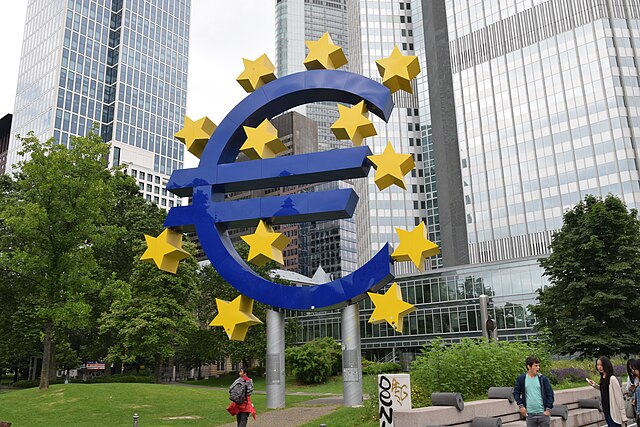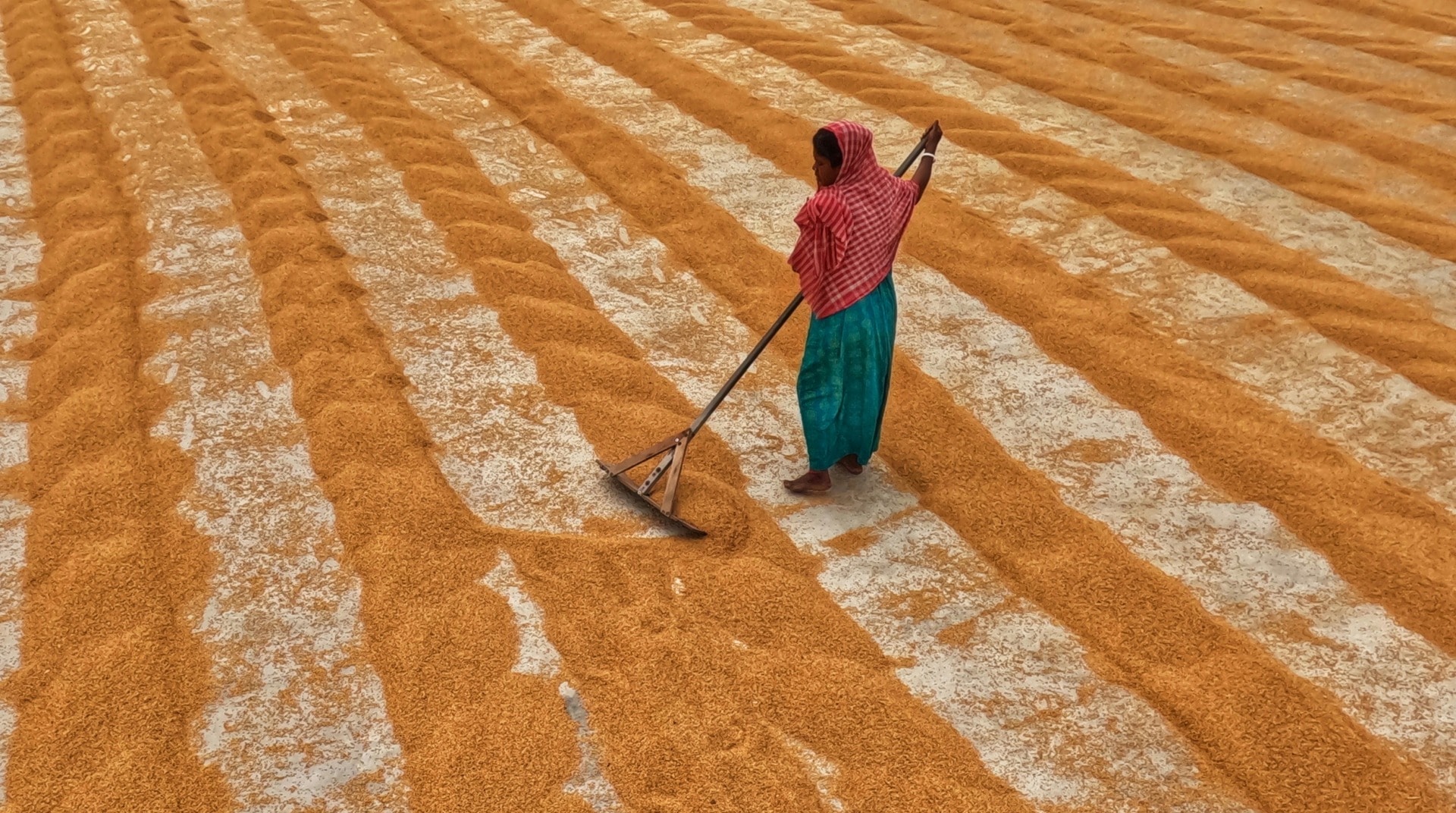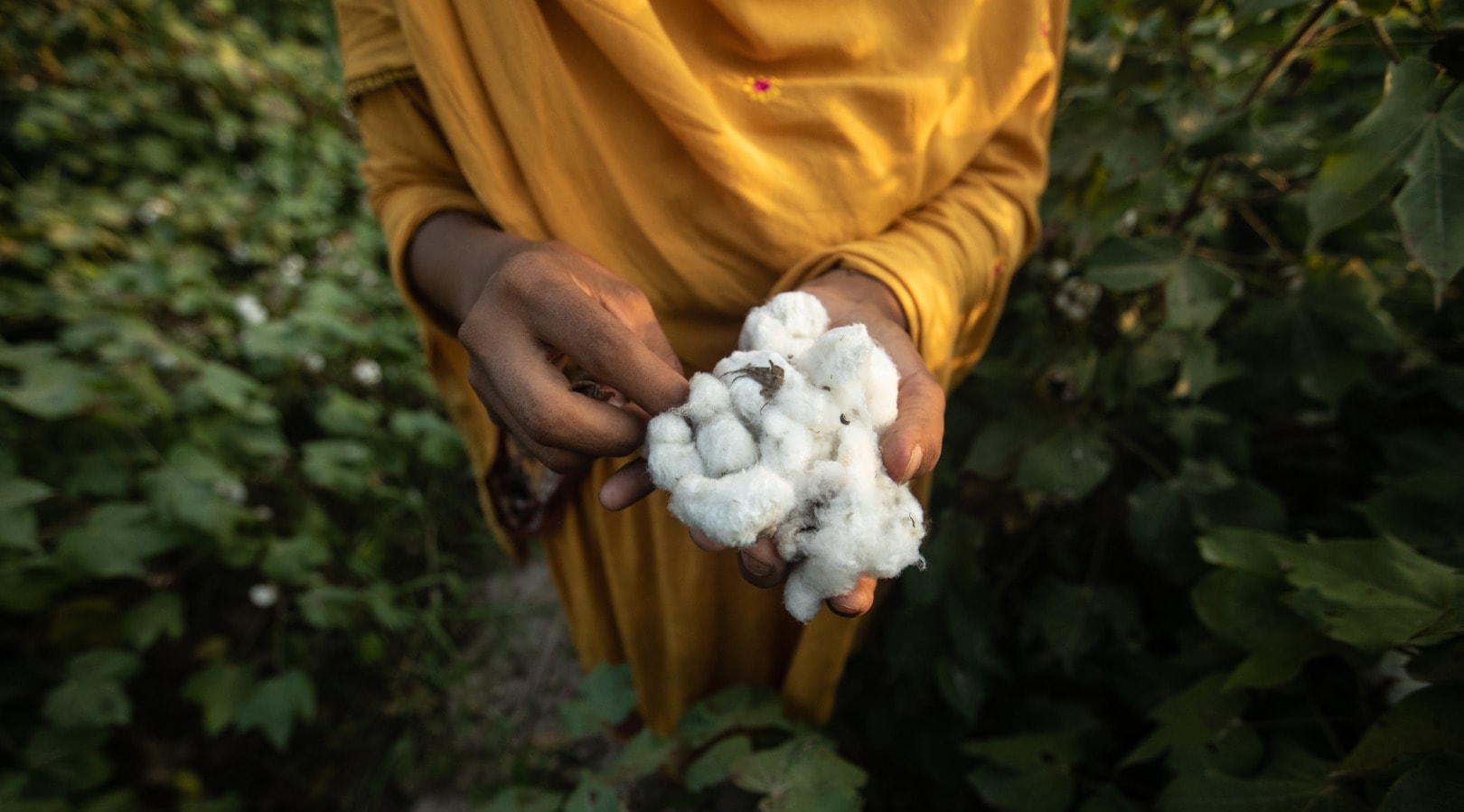Lina Abirafeh is Executive Director of the Arab Institute for Women at the Lebanese American University, an Institute that develops programs to empower women and is computing a lot of academic research on women in the Arab world.
Lina Abirafeh has nearly 20 years of work in various fields, particularly in the field of gender equality. She has studied gender issues in many countries such as Bangladesh, Kenya, Singapore and many others. She published a book containing all her discoveries and summarized it at a TEDx talk in 2015.
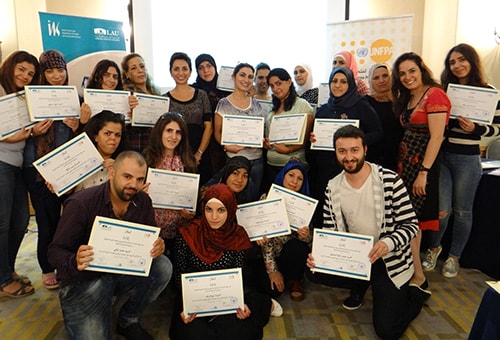
1. As a woman, when was the first time you faced gender inequalities? Did this moment inspire you to fight for gender inequality? If not, what did?
I spent many years in Saudi Arabia as a child, watching women’s choices, mobility, freedom restricted in every aspect of their lives. I remember my mother at home, a professional woman with an advanced degree in pharmacy, unable to work, and hardly able to leave the house. I asked a lot of “why” questions in those days – why could she not work, why aren’t women driving, why did women have to cover themselves, and so on. I very quickly understood that the world isn’t equal – and that women are viewed as second class. From the very beginning, I argued against this notion. And here I am, decades later, still arguing!
2. For 20 years you have worked on gender-based violence in emergency or humanitarian situations. How do these experiences guide you in your current position?
For women, violence doesn’t end when the emergency ends. We assume that once a war is over, everyone is peaceful and happy. But no one asks what peace means for women. The greatest lesson in those settings is to be deliberate about asking what these things mean for women: How do they define peace? What is “security”? Who needs the most help – and how can we help them? Peace is just not possible without women. There are so many ongoing conflicts in the Arab region – and even supposedly stable countries are often plagued by insecurity. So, for women, their challenges remain the same, regardless of the political situation.
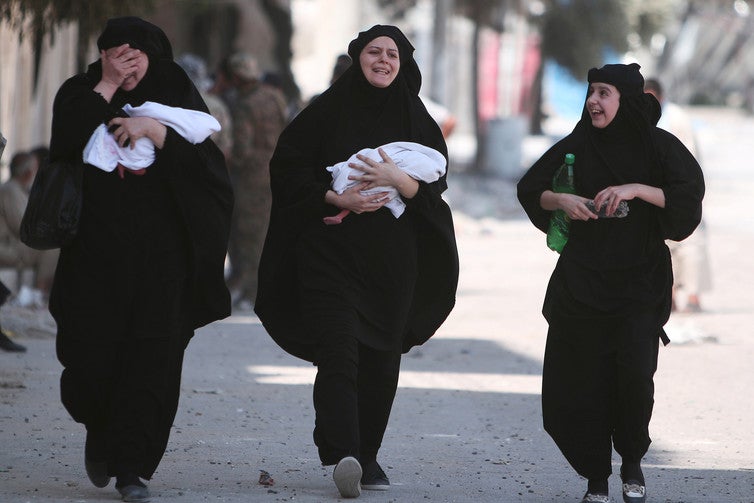
3. As the Executive Director of the Arab Institute for Women at the Lebanese American University, you work mostly with Arab countries. What are some of the primary issues women face in these areas and how have these issues evolved throughout the last 10 years?
The region continues to rank at the bottom of all social indicators when it comes to gender equality. Gaps between males and females in political and public life, leadership and decision-making, economic empowerment, and so on, remain very large. There are many crises in the region – Palestine, Iraq, Syria, Yemen, and so on. Women’s lives are in jeopardy in those settings, and yet we are told that this is “not the time” to address women’s issues. Additionally, there is a resurgence of fundamentalist views in many places, provoking a backlash and restricting women’s rights and fundamental freedoms.
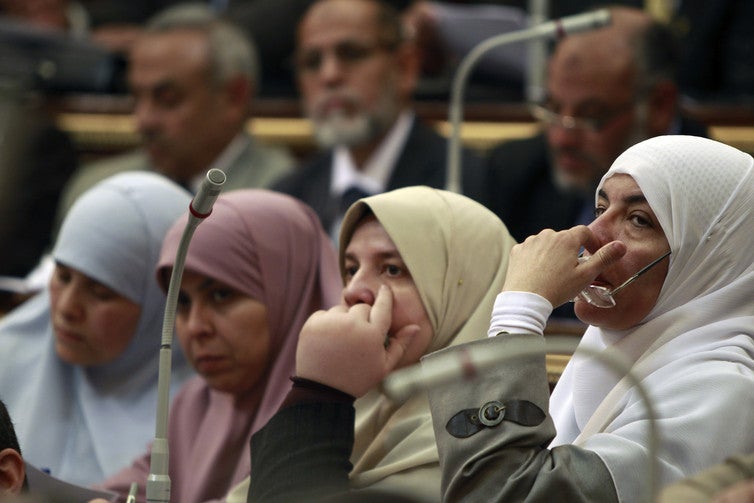
4. Your professional journey is impressive and inspirational. What empowering advice or suggestions do you have for other women who want to embrace the leadership path?
I see leadership as a characteristic, rather than a position. It is about showing leadership in the choices you make, and in the work that you do. And this is possible at any level. Women – especially young women – need to understand their context and know their rights. And very often, this understanding exposes the rights they should have – but don’t. We can’t afford to be naïve or ignorant! And we have a duty to fight for these rights – they are owed to us and they are long overdue!
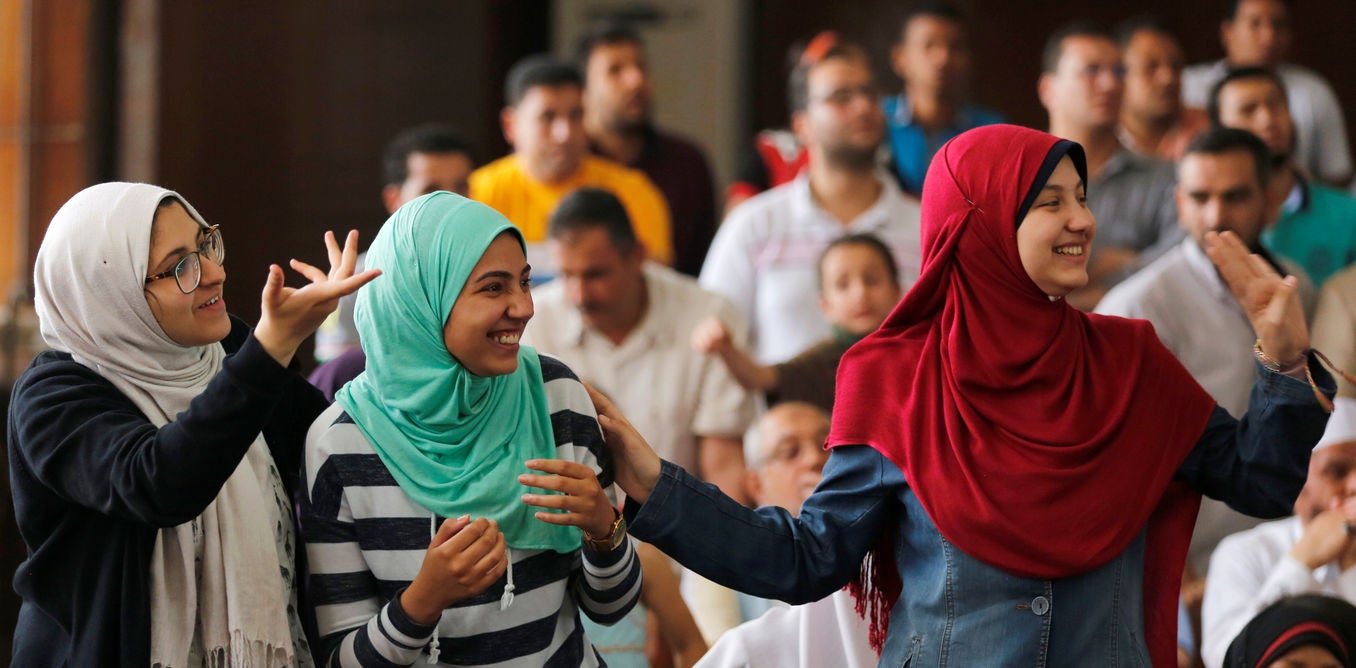
EDITOR’S NOTE: The opinions expressed here by Impakter.com columnists are their own, not those of Impakter.com. “Shape Your Future” Video cover with: Lina Abirafeh, Executive Director of the Arab Institute for Women at the Lebanese American University – Edited by Impakter.com


